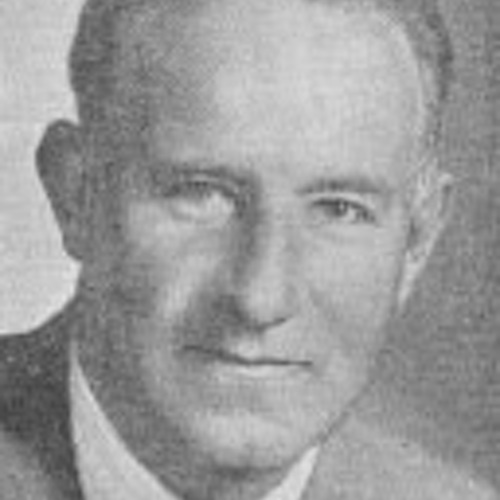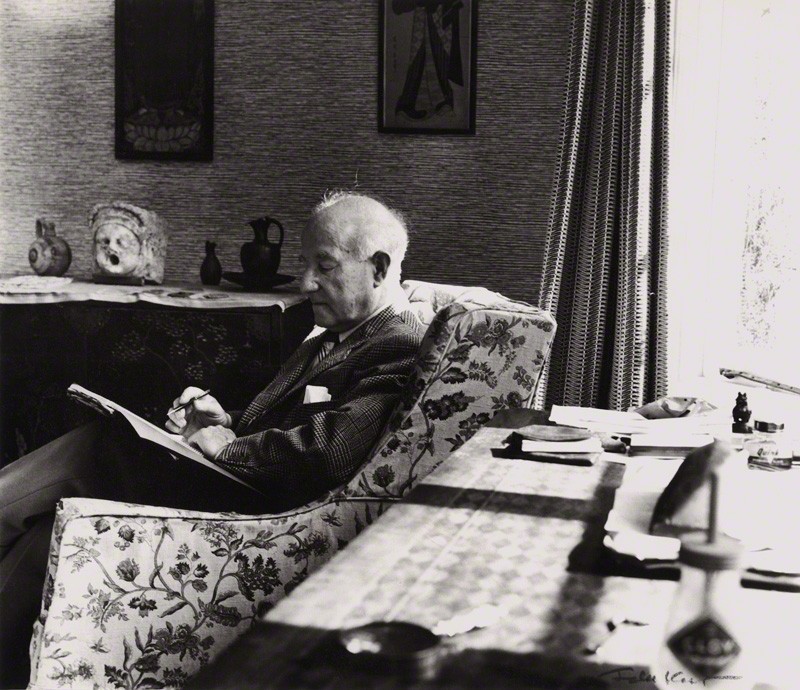1/Four years later Maurice Collis was born across the bay in Dalkey, one of the few Irish colonial servants to use his position to challenge the power of imperial rule. A summary of the career of this remarkable man ... https://twitter.com/thantmyintu/status/1344648995235196928
2/Entered Indian Civil Service in 1911 & posted to Burma (Burma administered by ICS until 1937 when it got its own independently recruited civil service). Served in series of increasingly senior administrative roles, before being appointed district magistrate in Rangoon in 1929.
3/Raised in a family his brother described as ‘Protestants of a particularly revolting narrowness’, Collis was brought up with imperial assumptions of Ireland’s unionist class, including the benevolence of the #BritishEmpire's ‘civilizing’ mission.
4/In Burma, he believed, this would see the native population endowed with ‘many blessings, law and order within, protection from without, Western education and medical science’, as well as economic development which would provide ‘employment and good wages to thousands’.
5/ Thus Collis was increasing discomfited by what he saw as Britain’s commercial exploitation of Burma on the ground, & he was disgusted by the naked racism of its colonial ruling class. Consequently, he adopted an increasingly critical stance towards the Burmese colonial state
6/As a magistrate, this saw him refuse to countenance the settler-colonial exceptionalism that defined the administration of justice in Burma, infuriating its British colonial society, which considered purely notional the principle of British and Burmese equality before the law.
7/For example, in 1929 Collis raised its hackles by admonishing a Briton from the bench for his tardiness in seeking medical attention for a servant who died suspiciously in his presence.
8/Its anger was exacerbated by his imposition of a tokenistic sentence on Calcutta's mayor, a Gandhi associate accused of making seditious speeches in Rangoon, & by his perceived severity in jailing a British soldier for dangerous driving resulting in serious injury to 2 Burmese
9/This latter sentence caused such outrage that the colonial administration quickly overturned it: Collis was officially reprimanded and transferred to Customs and Excise, the beginning of a professional marginalization that led to his resignation from the ICS in 1934.
10/ Sixteen years later, Lord Stanley of Alderley told Collis that he had visited Burma in 1947 and ‘your name still stank at the Pegu [British colonial] Club’ in Rangoon.
11/Collis believed British bad governance in Ireland had seen Redmondite politics abandoned for Sinn Féin; & he feared iniquities of Burmese colonial state would similarly destroy indigenous constitutional nationalism by mobilizing popular support for separatists like Saya San

 Read on Twitter
Read on Twitter

![10/ Sixteen years later, Lord Stanley of Alderley told Collis that he had visited Burma in 1947 and ‘your name still stank at the Pegu [British colonial] Club’ in Rangoon. 10/ Sixteen years later, Lord Stanley of Alderley told Collis that he had visited Burma in 1947 and ‘your name still stank at the Pegu [British colonial] Club’ in Rangoon.](https://pbs.twimg.com/media/EqqlqoTXEAIxW6t.jpg)



